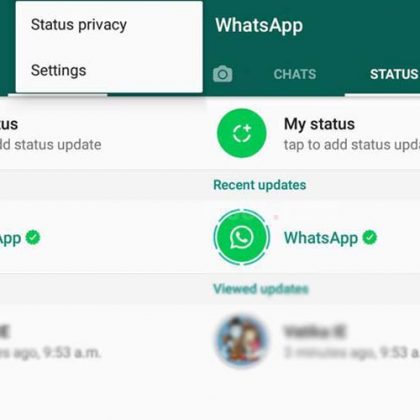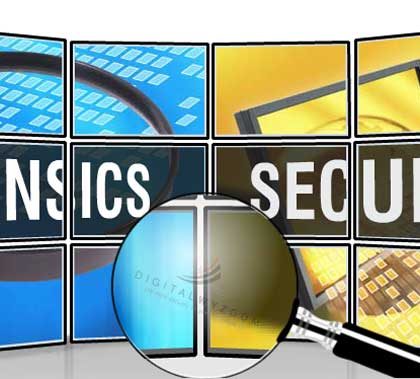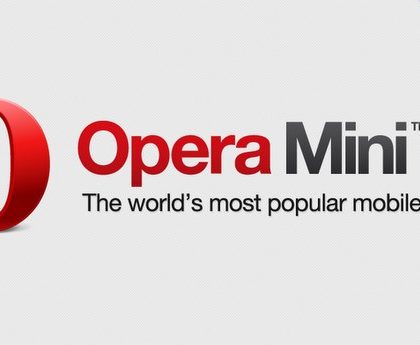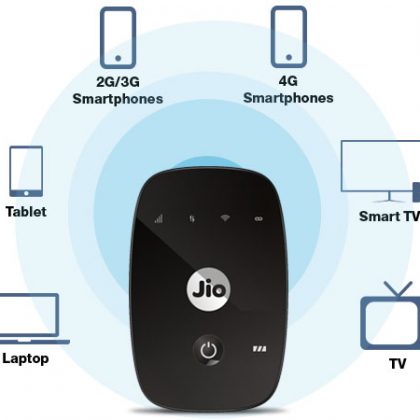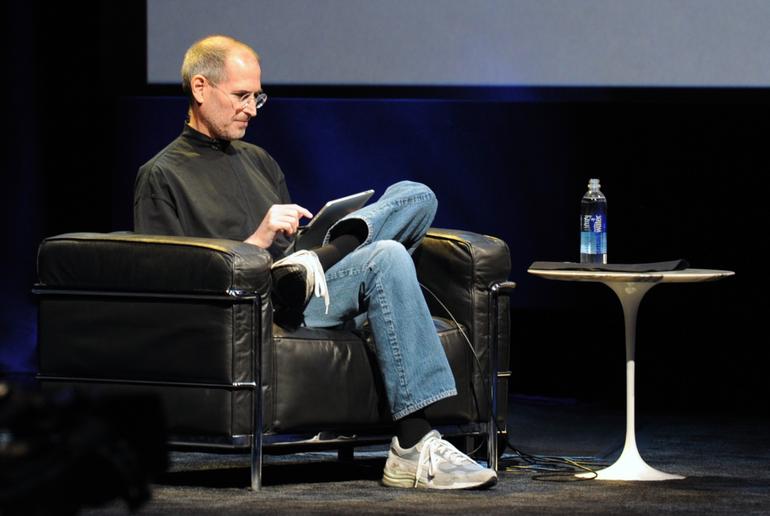
2010: iPad
The idea of a handheld, gesture-based tablet computer had been around for years. I bought a Tablet PC way back in 2002. It was unreliable, bulky, and very expensive. It wasn’t until Apple, a company normally associated with high-ticket items, introduced the iPad that the consumer tablet market took off.
The original iPad came to market at an affordable $499 base price. It was simple, understandable, reliable (mine still works today), and — for the time — fast and responsive. Although the tablet market has mostly been consumed by larger form-factor phones and attacked by the no-setup-required Chromebooks, it’s clear that the iPad and tablet computing helped break the dominance of the desktop PC, particularly among consumers.
2011: Chromebook
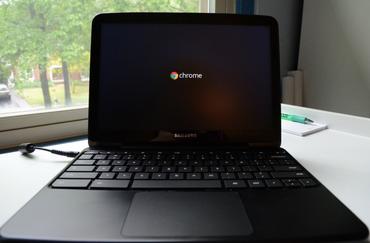 In giving the nod to Chromebook, I had to consider two trends for 2011: IoT and smart homes, and the breaking of the Microsoft and Windows hegemony. 2011 marked the release of the first Nest Thermostat, which I absolutely love, along with all my other smart home devices. Smart homes are growing as a trend, but they’re not yet transformative.
In giving the nod to Chromebook, I had to consider two trends for 2011: IoT and smart homes, and the breaking of the Microsoft and Windows hegemony. 2011 marked the release of the first Nest Thermostat, which I absolutely love, along with all my other smart home devices. Smart homes are growing as a trend, but they’re not yet transformative.
On the other hand, Microsoft and Windows had a stranglehold on computing for more than two decades. The rise of the smartphone changed all that, but so did the Chromebook. Initially considered little more than an amusement because all it ran was the Chrome browser, the Chromebook has taken education by storm. Because of the growth of the cloud, the Chromebook is demonstrating that, really, you can do almost anything you need to do with a powerful browser and no native apps.
2012: Raspberry Pi
Ever since humanity discovered how to make tools, there have been makers. But the ability to add advanced computing power to projects was limited by the cost of entry. The Raspberry Pi changed all that. Here was a $25 device that could run Linux and be at the heart of a vast array of projects.
2013: PlayStation 4 and Xbox One
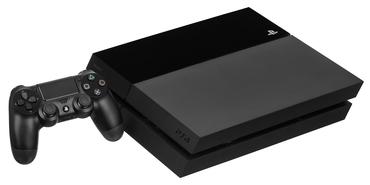 It’s hard to believe it’s been five years since the latest console generation was introduced. That said, games for the Xbox One and the PS4 have eclipsed those of previous generations, providing what has become almost a new golden age of video games.
It’s hard to believe it’s been five years since the latest console generation was introduced. That said, games for the Xbox One and the PS4 have eclipsed those of previous generations, providing what has become almost a new golden age of video games.
2014: Satya Nadella and Windows 10
By late 2013, Microsoft was rapidly becoming a has-been in the minds of many users and analysts. Windows 8 was a total failure. Microsoft was late to the smartphone party and Windows Phone was a dismal failure. The acquisition of Nokia was insanely expensive and ultimately fruitless. Microsoft had lost all its luster.
2015: Amazon Echo and the Alexa ecosystem
When I first looked at the Echo, it seemed kind of useless, but interesting. Since then, I’ve incorporated six Alexa devices into my life.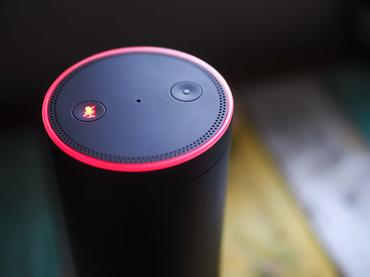
It’s important to understand that Alexa is what Siri should have been. Alexa is smart, fast, personable — and has a huge library of apps, called Skills. Amazon has been smart, allowing other vendors to license and embed the Alexa technology in their products.
As a result, the voice-based personal assistant, which is also the core of a home-based IoT hub, is now a practical aspect of everyday life.
2016: Pokémon Go
So, that happened. You may have heard Microsoft talking about the HoloLens. You may have seen Apple’s keynote, where they talked about the potential for AR (augmented reality). But for millions of people, AR is already here… in the form of a ridiculous computer game/experience.
2017: Nintendo Switch
Nope, I’m not going to give the iPhone X the nod for 2017. Sure, it changed up the iPhone formula a bit, but the jury is still out whether it’s a winner or a flop.
Instead, we’re going to award 2017 to an unlikely player, Nintendo. Like Microsoft, Nintendo has shown us that it’s possible for previous leaders who’ve lost their mojo to find their way back to the top. The Nintendo Switch is a surprising combination of home console and portable machine, with Nintendo’s exceptional game design and the right price.
2018 and beyond
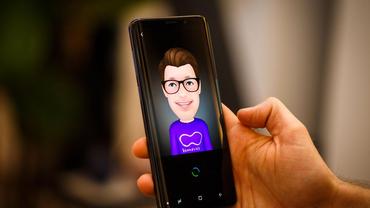 We haven’t showcased a lot of technology that’s still got enormous potential, but hasn’t yet rocked the entire world. Stay tuned for vastly improved drone technology, along with a fight over whether or not drones are intruding on our privacy. Look for VR and AR to take hold, as price, performance, and the ever-present nausea are conquered by developers. AI and intelligent assistants, along with commercial and personal IoT will be growing at a tremendous pace. Enterprise computing, the cloud, and the distributed office will be a trend that keeps on giving.
We haven’t showcased a lot of technology that’s still got enormous potential, but hasn’t yet rocked the entire world. Stay tuned for vastly improved drone technology, along with a fight over whether or not drones are intruding on our privacy. Look for VR and AR to take hold, as price, performance, and the ever-present nausea are conquered by developers. AI and intelligent assistants, along with commercial and personal IoT will be growing at a tremendous pace. Enterprise computing, the cloud, and the distributed office will be a trend that keeps on giving.
As you have seen, over the last 50 years, technology has empowered us, but it has also come with a price. As we look towards our next 50 years, we need to keep in mind both the benefits of rapidly improving and advancing technology as well as the increasingly troubling behaviors of those producing them, legislating their use, and using them.
Stay tuned to Mr.HiTech Tech Blog. We’ll be covering the world of technological change, every day, and in every way. It’ll be a heck of a ride, but we’ll be there, right along with you.

